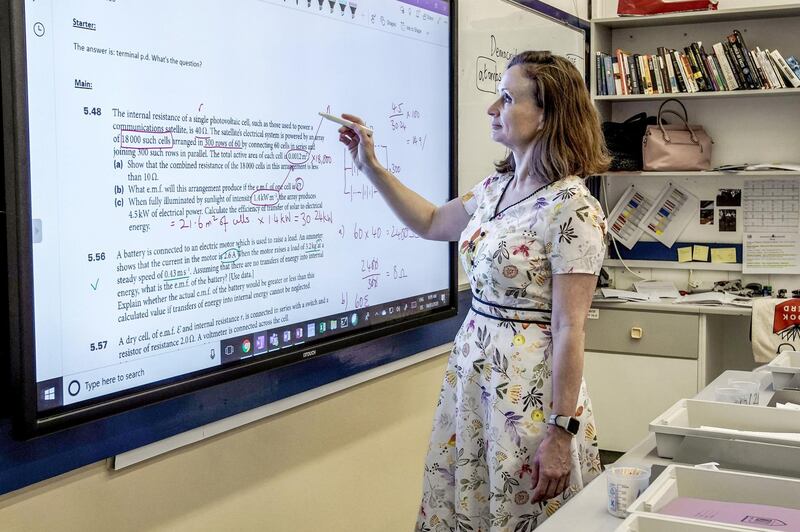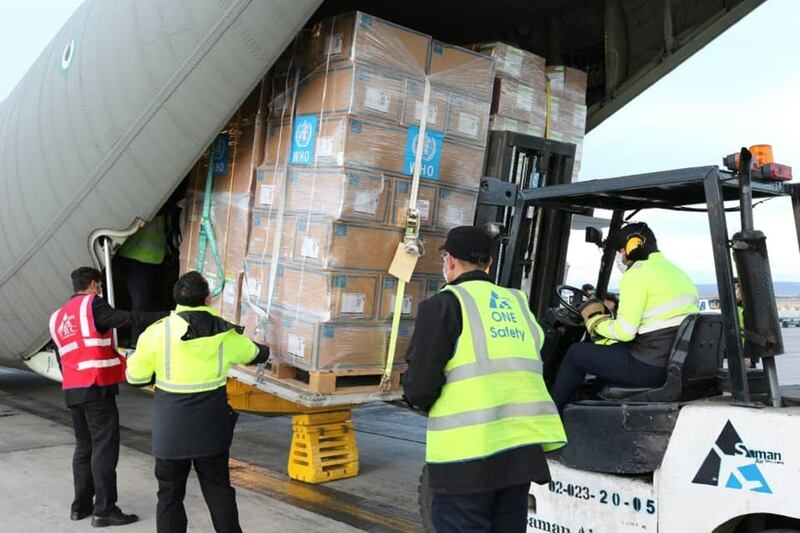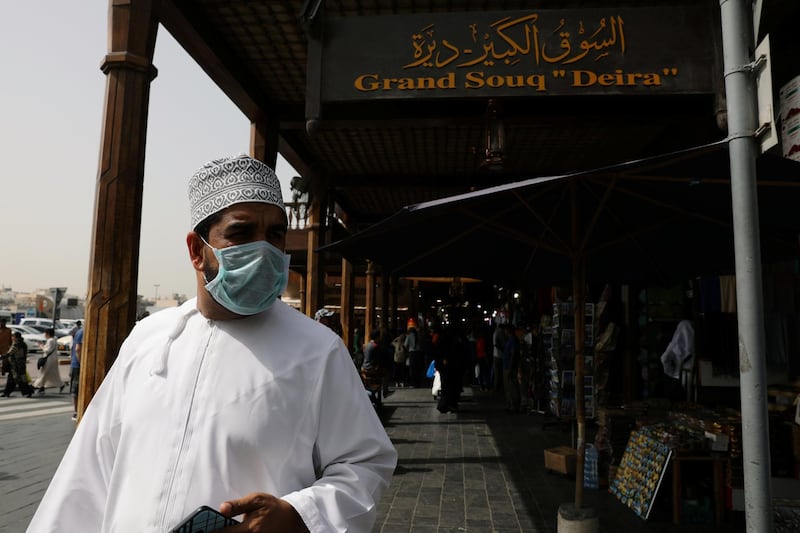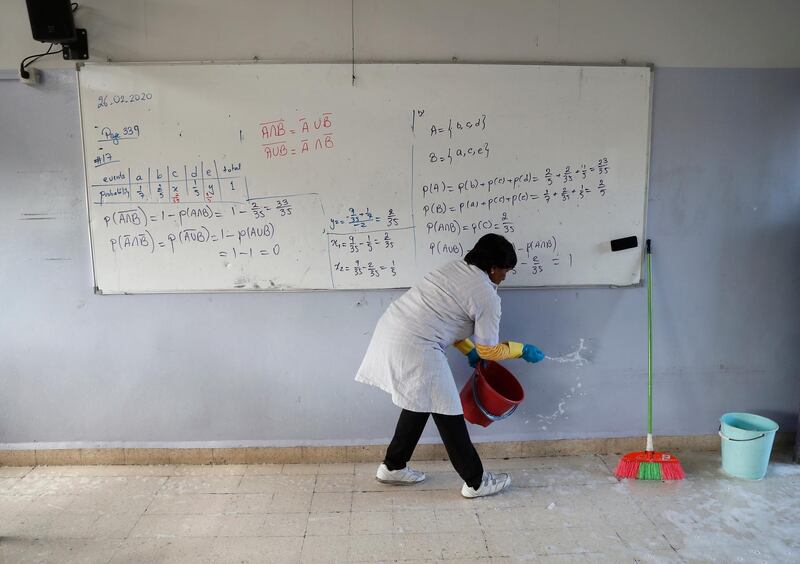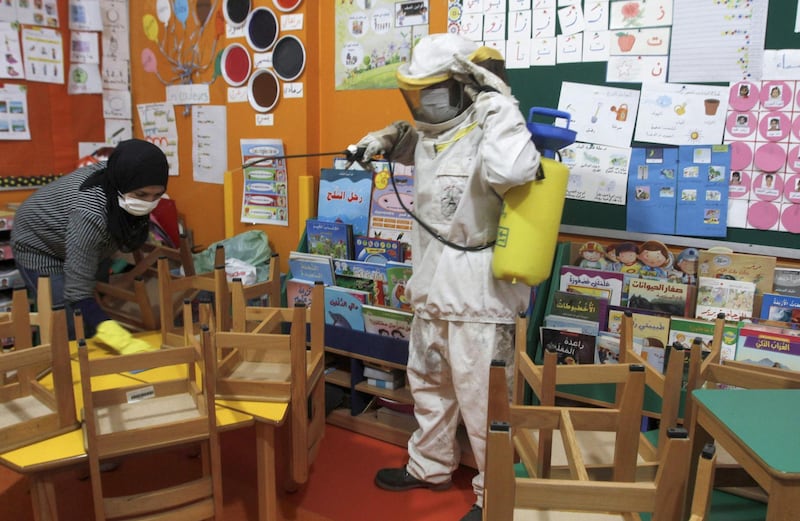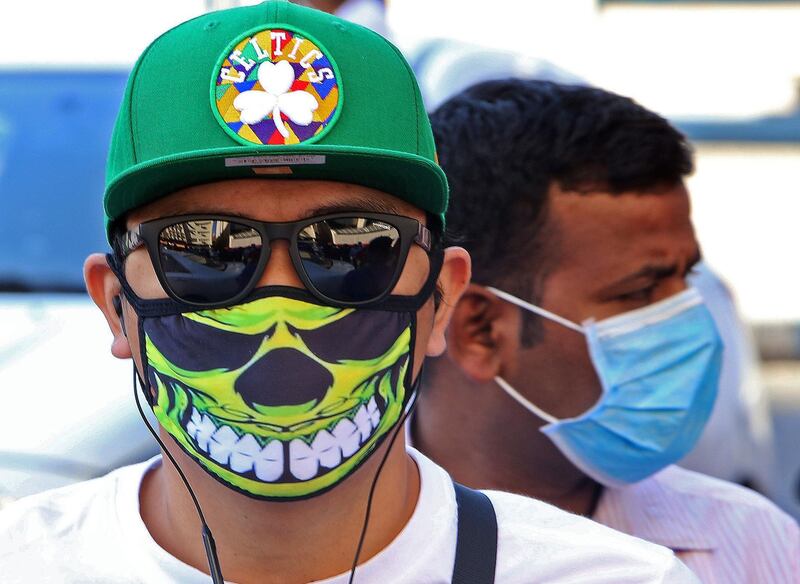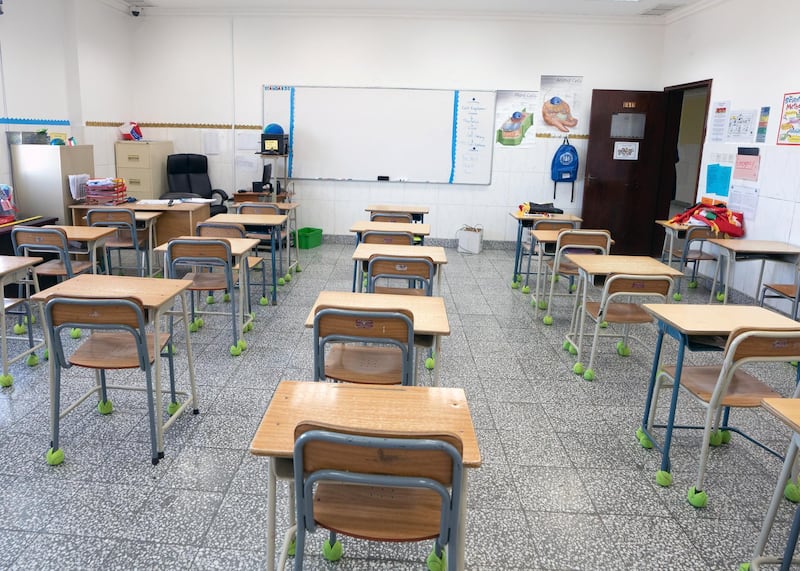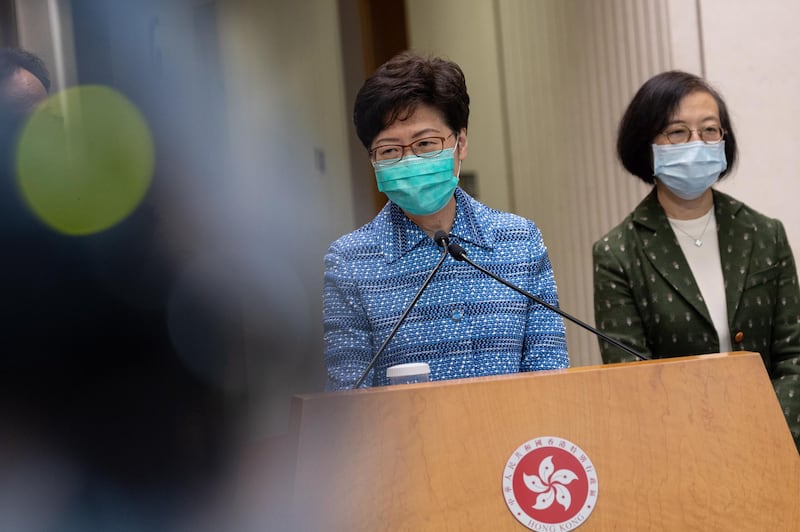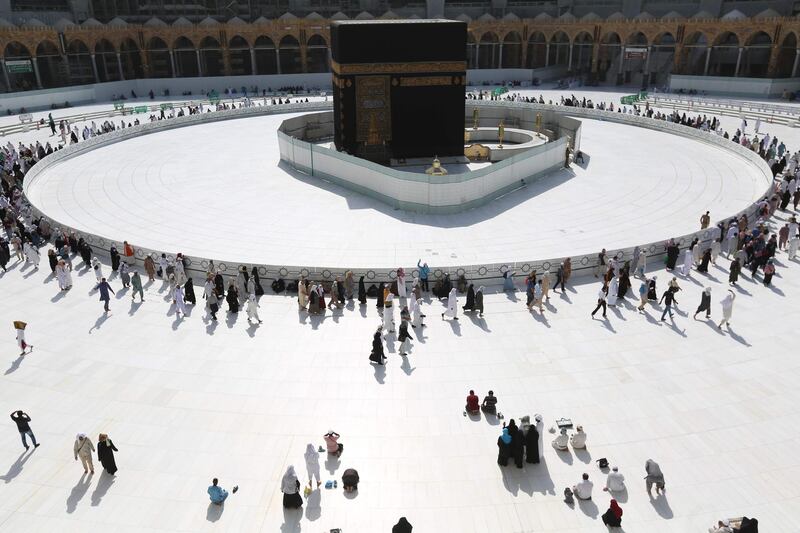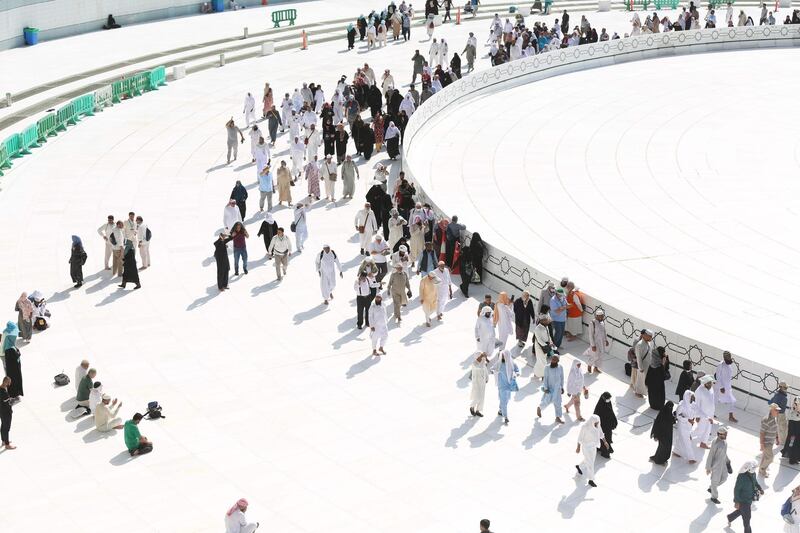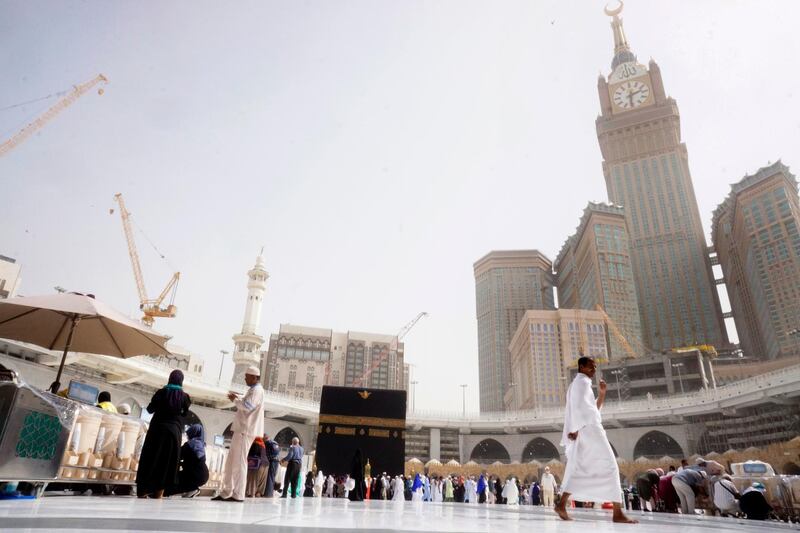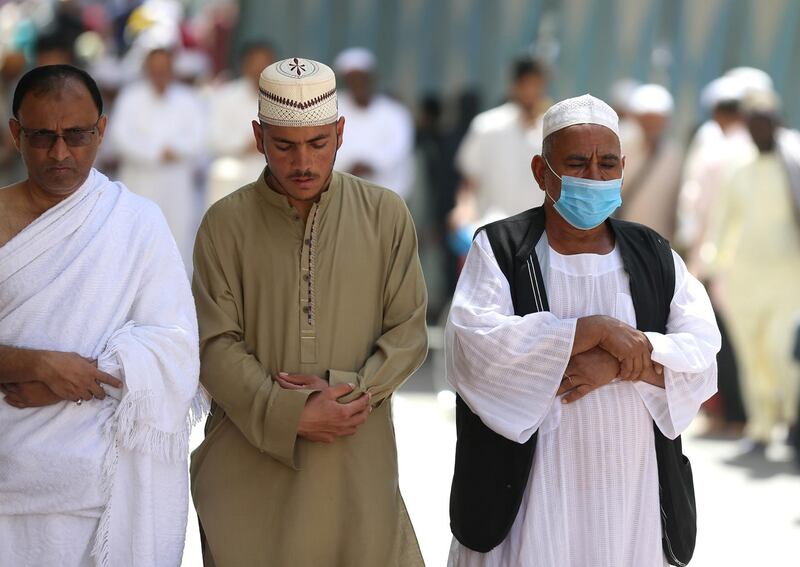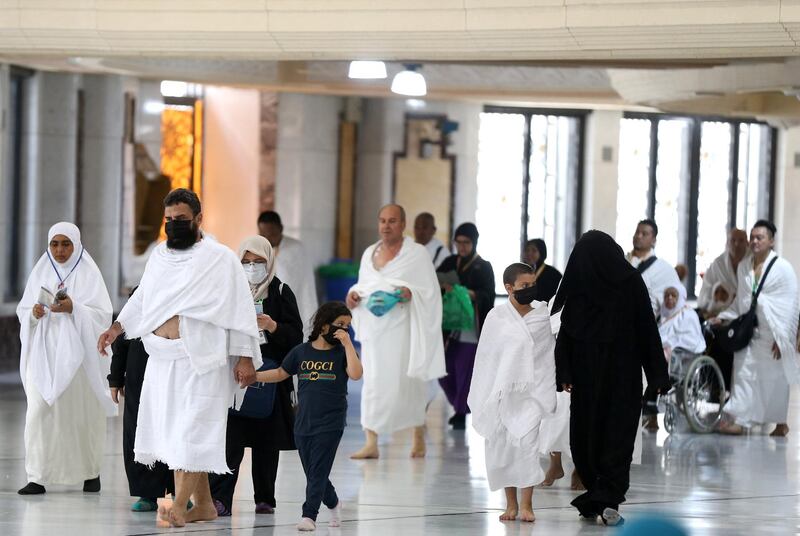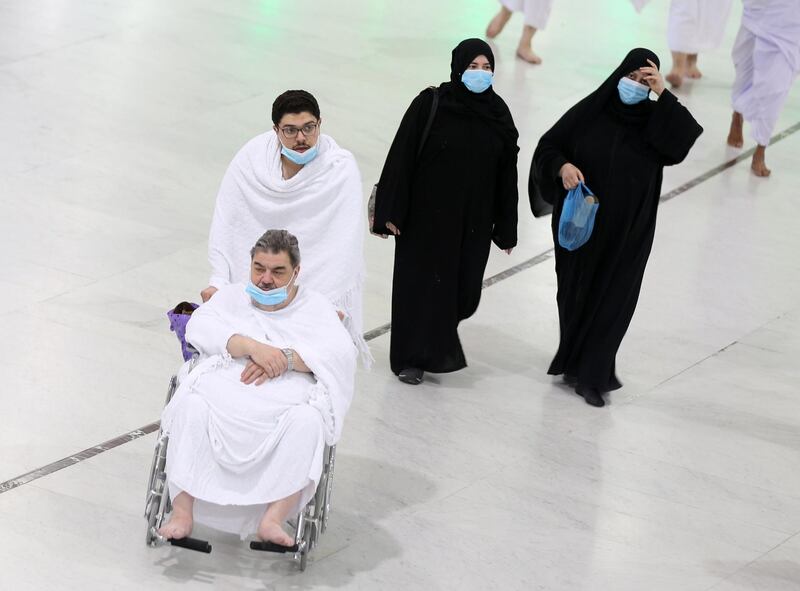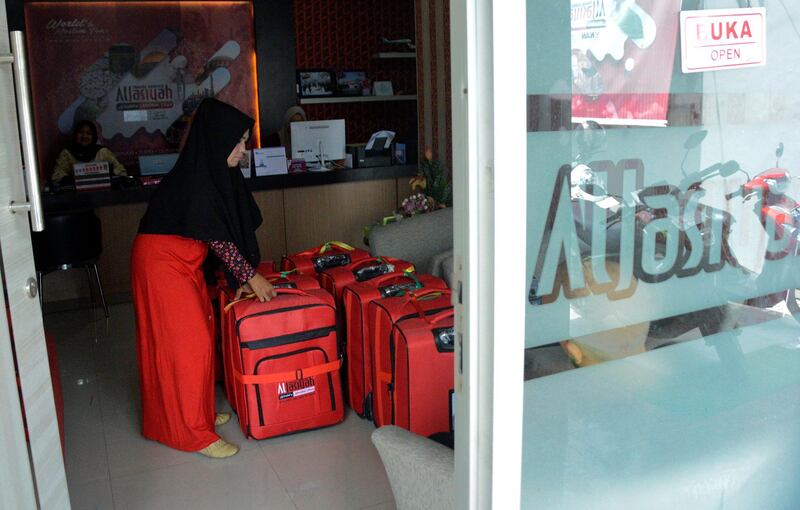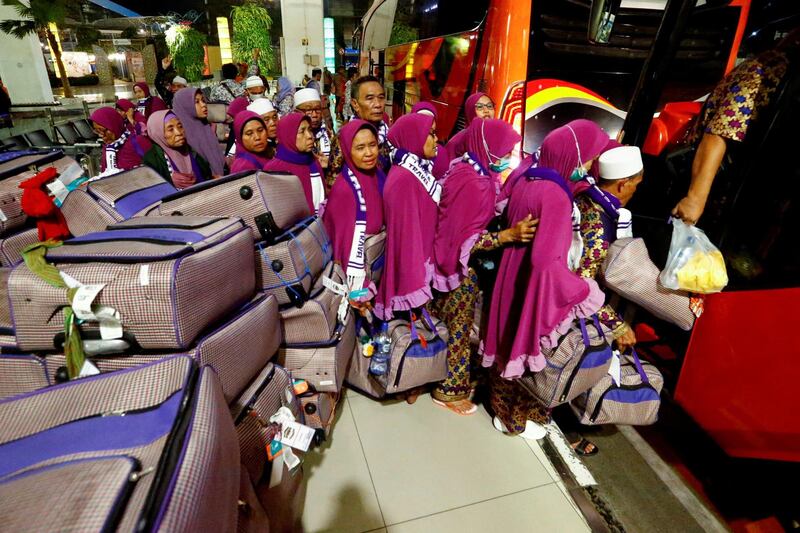There has been plenty of controversy globally and regionally about some of the preventive measures enacted to curtail the spread of coronavirus. The utility of school closures, in particular, has been a contested topic of debate; as of today, nine countries in the Middle East have taken this measure.
Those in support of school closures have rightly argued that educational institutions are major infection amplification points in society, and that it would be prudent to do away with them in light of the current outbreak. Notwithstanding the differences in this analogy, it would be akin to shutting down a computer network infected by a virus in order to stop its spread.

Opponents of this policy contend that unlike the analogy, school closures will not stop the spread of the virus altogether. They are correct. School-going children are unlikely to stay behind closed doors, and some might even relish the opportunity to socialise and interact with their peers outside school.
The problem with this argument is two-fold: one, governments have a moral responsibility to do what is in their power to limit the spread and cannot necessarily control what their citizens choose to do in their private lives; more importantly, governments recognise that school closures will not stop the spread of the virus but they might, at least, limit it.
The latter point is critical because it buys crucial time for the health sector to prepare for a peak in the outbreak where acute demand for critical care could easily overwhelm the healthcare system. Furthermore, arguments that children under a certain age appear immune are largely misplaced. It is simply unclear whether children are being infected and are handling the infections well, or if they are immune from infection.
Without being too alarmist, the number of cases is likely to increase in recent weeks, and this possibility should not be renounced or downplayed in any way.
While the exact rate of transmission cannot be ascertained, some experts are suggesting that each infected person could be responsible for infecting more than 30 others within just a few weeks.
This is quite significant, especially when considering that cases could be mild or undetected. Given the relatively low number of confirmed cases across the Arab world, we might only really know the extent of the problem a few months from now.
China's success has taught us that stringent control measures can reduce the spread of a major outbreak, but not every country in the region or elsewhere has the ability to impose such tough measures. One question that sceptics rightly ask is where do these social distancing preventative measures end? The UAE has barred fans from attending national league football matches; Saudi Arabia has suspended pilgrimage to Makkah; Jordan has banned major conferences.
Governments could find it challenging – if not altogether impossible – to impose other bans on public gathering such as weddings and Friday prayer sermons. It is of equal difficultly to determine what happens to businesses, and if they are well-positioned to allow their employees to work remotely. This not only refers to the technical capacities required to realise this, but also the administrative and legal aspects.
What about employees that opt to work from home for fear of infection or those who are not ill but under self-imposed quarantine? Will their employers be able to offer them paid-sick leave in the event of self-quarantine? More importantly, what happens if an outbreak only peaks once schools have resumed? Would parents and authorities want the closures to be extended further and threaten the completion of the academic year altogether?
Many sceptics might say that these are doomsday scenarios, and this would not be an overstatement. Society cannot come to a complete halt. Nevertheless, it is important to be proactive in raising these concerns and considering their implications. What is clear is that we are in unprecedented times, and it is better to prepare for the worst rather than find ourselves under-prepared if these extreme scenarios end up being our reality.
The greatest challenge for authorities in our region and elsewhere, is that they will need to walk a fine line between raising awareness among their publics and stoking public fear.
Nasser bin Nasser is the managing director of the Middle East Scientific Institute for Security and the founder of the strategic consultancy firm, InfoSynth

